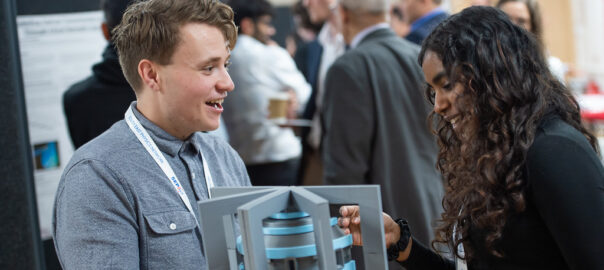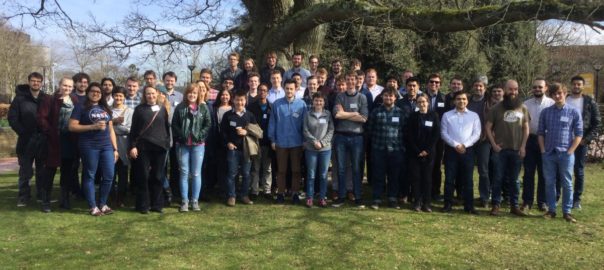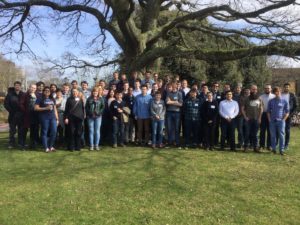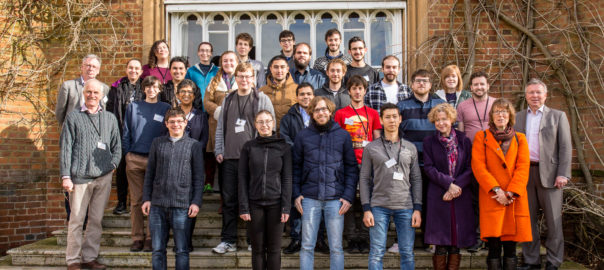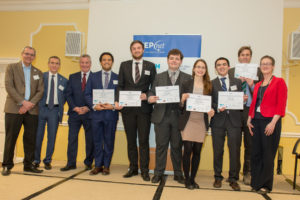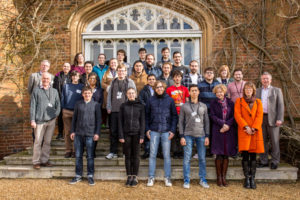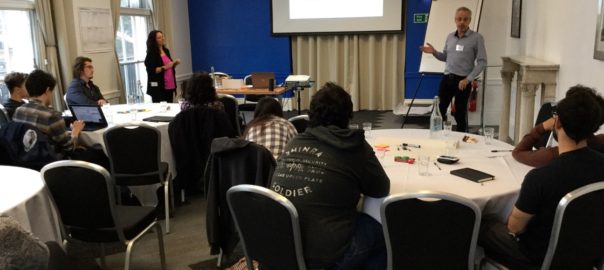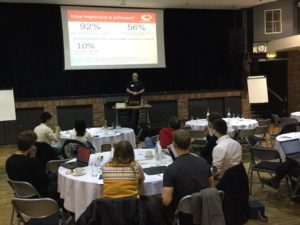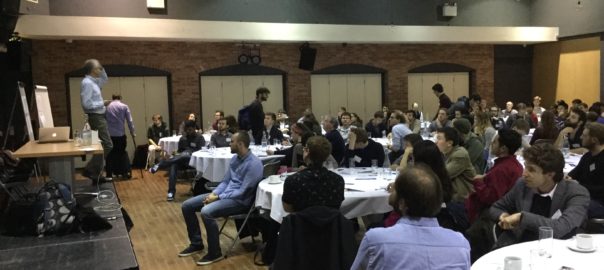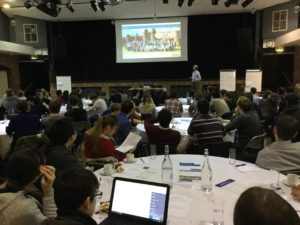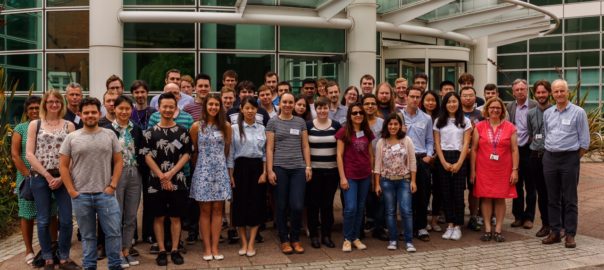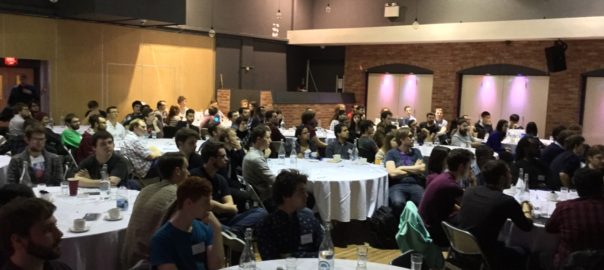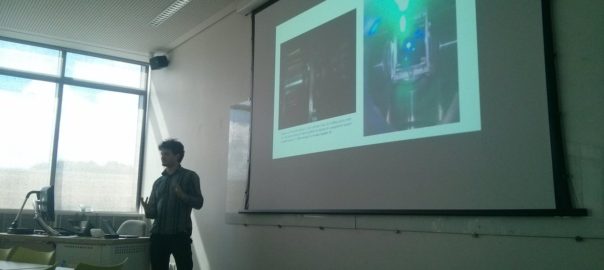SEPnet organises over 80 summer placements a year for all 2nd and 3rd year physics and maths undergraduate and PhD students at the above universities and is seeking 8-week plus projects in industry or research in areas such as data analysis, mathematical modelling, programming, product design and testing or science communication.
Who can apply?
The scheme is aimed at any organisations interested in recruiting physics or maths graduates, or who can offer valuable business experience, including large companies, SMEs, start-ups, research institutions, charities and NGOs.
Benefits to employers
• Early access to bright, numerate students with excellent problem-solving and IT skills
• Enables you to carry out projects you would not normally have time for
• Provides a fresh perspective on your business challenges
• All advertising, admini stration and placement support is handled by the SEPnet team
• Match-funding available for SMEs!
What employers have said:
‘Very satisfied with the whole process, organised and straightforward, with good students.’
‘We took SEPnet students for the second year running and have been very impressed with the calibre, their capabilities and the general high standard. For your records we have just made a permanent job offer to one of the students…’.
Register your placement project, or projects, online here: https://www.smartsurvey.co.uk/s/EmployerRegistration2024/ by Friday 11 February. Email summerplacements@sepnet.ac.uk for further information.

